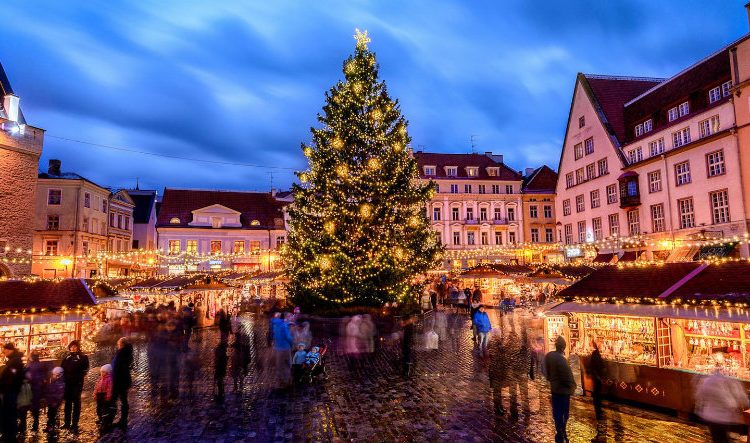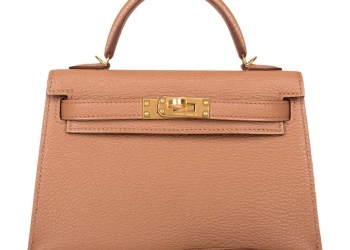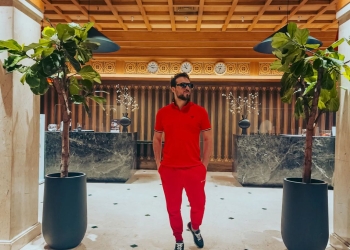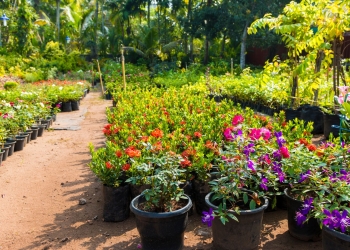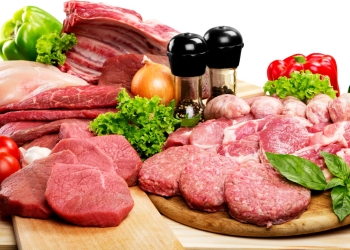The Christmas tree stands tall in the center of this central German city’s main plaza, chestnuts, and sugared almonds are roasting, and children are clambering onboard the merry-go-round exactly as they did before epidemic. However, a spike in coronavirus infections has cast a pall over Frankfurt’s Christmas market. The Christmas tree stands tall in the center of this central German city’s main plaza, chestnuts, and sugared almonds are roasting, and children are clambering onboard the merry-go-round exactly as they did before epidemic. However, a spike in coronavirus infections has cast a pall over Frankfurt’s Christmas market.
Masked clients must travel via a one-way entry to a fenced-off wine hut, pausing at the hand sanitizer station, to enjoy a cup of mulled wine, a straightforward ritual of winter in pre-pandemic days. Security guards examine vaccination certificates elsewhere before allowing clients to get their hands on the sizzling sausages and kebabs. Masked clients must travel via a one-way door to a fenced-off wine hut, pausing at the hand sanitizer station, to have a cup of mulled wine – a delightful ritual of winter in pre-pandemic days. Security guards examine vaccination certificates elsewhere before allowing clients to get their hands on the sizzling sausages and kebabs.
Austria went to national lockdown, resulting in tourist travel being impossible at this time
Notwithstanding the discomforts of the disease outbreak, traders selling decorations, roasted nuts, and other holiday-themed products in Frankfurt and other European cities are reassured to be open whatsoever for their first Christmas market in 2 years, particularly as COVID-19 infections reach record highs in Germany, Austria, and other countries. Merchants that have already opened their doors are expecting a fraction of the pre-pandemic Christmas sales that may make or break their enterprises. Others aren’t as fortunate. In Germany and Austria, numerous well-known Christmas activities have been canceled. The money that visitors would spend in restaurants, hotels, and other companies would be lost as a result of the market closures.

